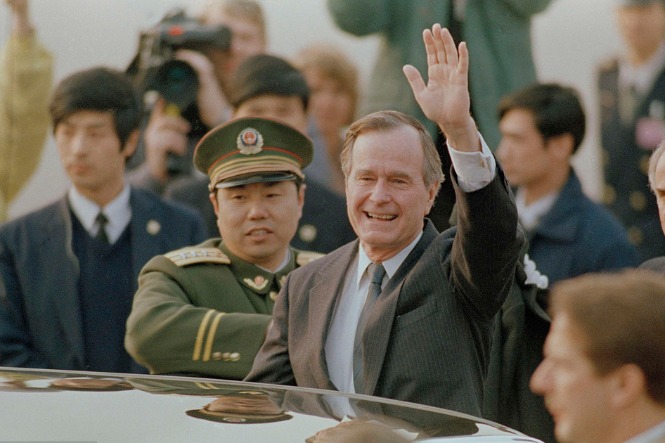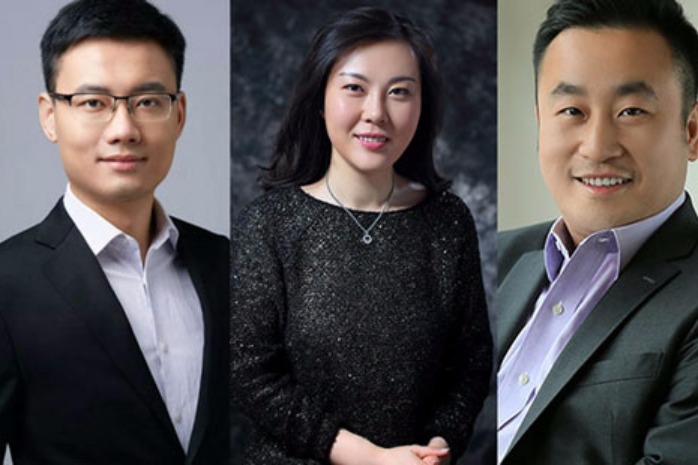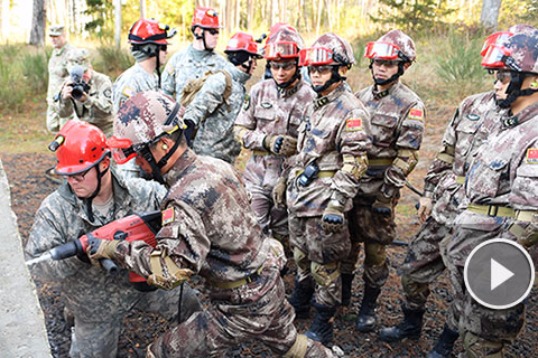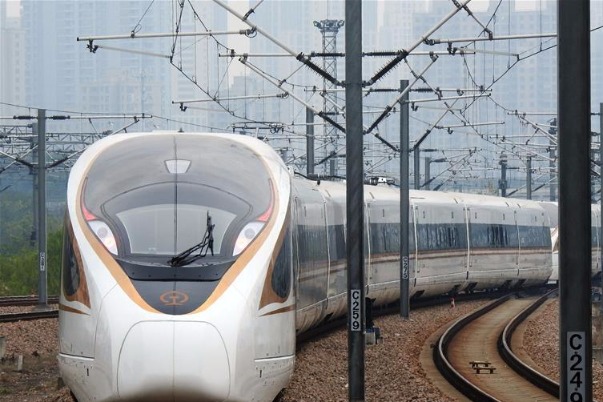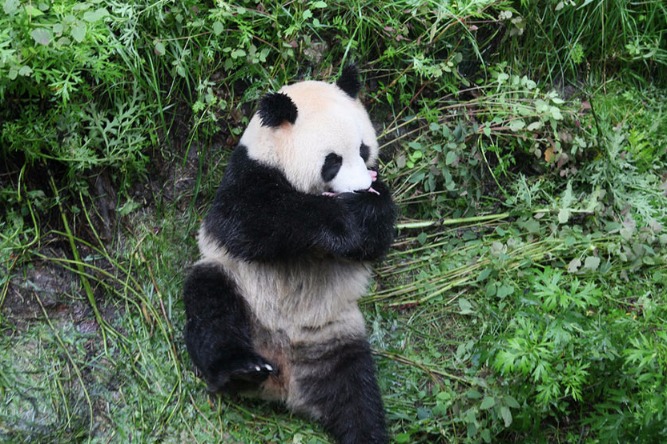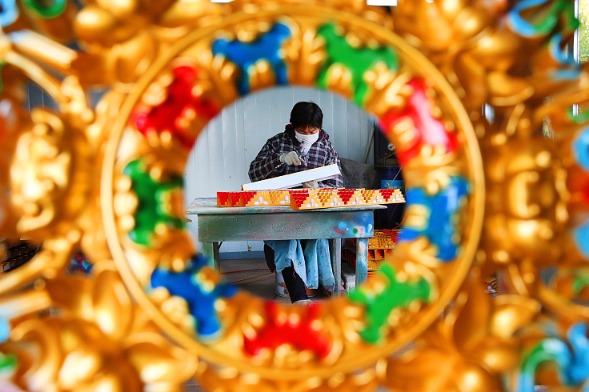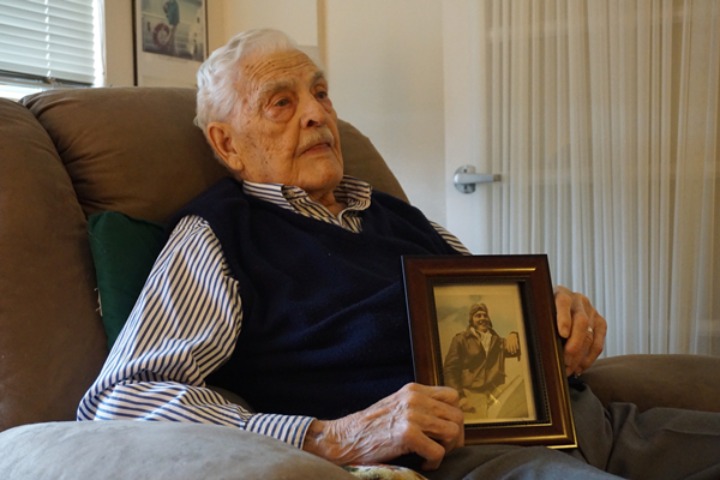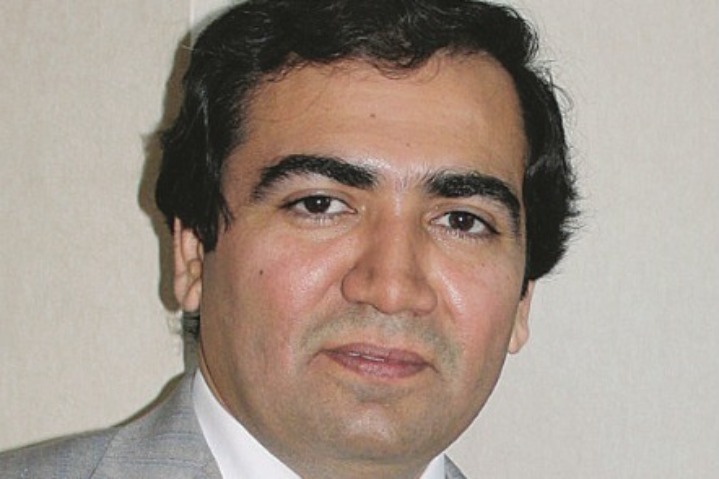Ghana and China need to enhance trust
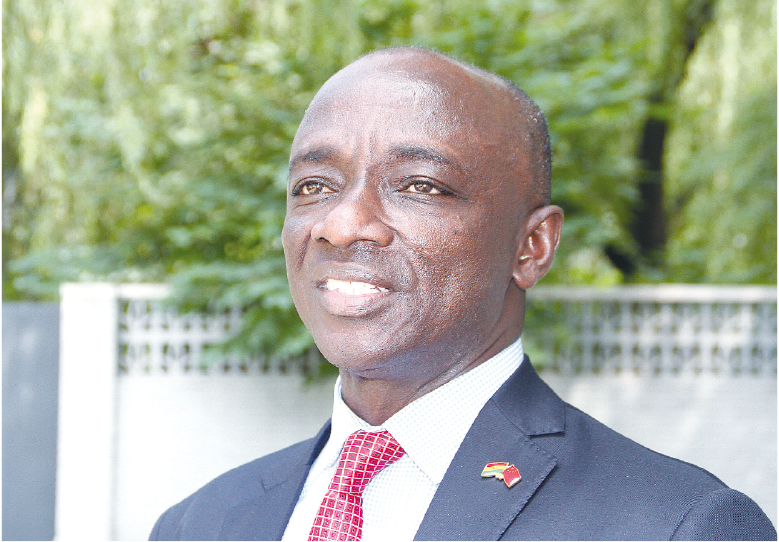 |
| Edward Boateng says Ghana can learn from China in terms of human resource development. PROVIDED TO CHINA DAILY |
World's second most powerful economy owes its success to discipline and this is a lesson Africa needs to follow if it is to follow suit, envoy stresses
Enhancing trust will be the key to further improving the already good ties between China and Ghana, the African country's new ambassador says.
Edward Boateng, who became Ghana's ambassador to China about a month ago, has a clear vision of what needs to be done to bring both countries even closer together for the mutual benefit of their people. Ties between the two countries span more than five decades.
"My principal objective is to deepen the relationship between Ghana and China, especially on the economic front," he says. "China is the world's second-biggest economy and growing very fast.
"They have transformed their economy within the last 40 years at amazing speed. (China has) cities and provinces that 20 years ago were farmland and today are as modern as any city in the world that one can think of, and I think there is a lot that we can learn from them."
However, Boateng says that for Ghana to be able to deepen its relationship with China, "we need to build trust. China should see Ghana as a reliable ally, and Ghana equally should see China as a reliable ally."
He says the three key things he hopes to accomplish as his country's representative in China are to deepen the relationship between the two countries, build trust and ensure the two countries can depend on each other.
"I believe we can also learn from China in terms of human resource development," he adds.
A businessman with much experience with several multinational companies, Boateng believes that although Ghana has a lot of capable human resources, what is lacking is the building up of capacity, which he intends to help build as ambassador.
He praises the extent to which China has built up its human resource capacity and believes that Ghana can tap that rich experience to strengthen its own institutions, such as its National Service Secretariat, which ensures that students who graduate from accredited higher education institutions provide one year of mandatory service to the country.
"One of the things I am proposing is that our national service be looked at to find out if it is working, and when people come out of the national service, are they well equipped to face the challenges to transform our economy?"
Boateng says Ghana's government and citizens sometimes look at issues from different positions, which hampers development. "We need to have a discipline of purpose, such that we all believe that this is where we are going, and that is important and I think sometimes that is lacking," he says.
Sharing his first impressions about China, the ambassador says: "I like the discipline. I think it is something that we sometimes lack, not only in Ghana but also in the African world'."
"I lived in the US and the US developed because of discipline, Europe developed because of discipline, so the discipline that we have in China is no different from the developed economies of the world. And I think discipline (of purpose) is one of the first or fundamental things that we also need to address if we really want to develop with speed."
Regarding China's rapid transformation of the past four decades, Boateng says, "To transform a farmland into a modern high-tech environment, you need to have discipline, timeliness of delivery and thinking alike, which we lack back home."
The relationship between Ghana and China dates to 1960, when diplomatic relations were established. During the fruitful relations, Ghana has provided extensive diplomatic support to China, including lobbying by Ghana's first president, Kwame Nkrumah, for China's reinstatement to the United Nations.
China has reciprocated by offering material support for Ghana's development and has become Ghana's largest trading partner, with a trade volume of$5.6 billion by the end of 2014.
Boateng says that for the first time in five years, Ghana and China are also set to exchange high-profile visits between the two countries to boost bilateral ties.
Key among them will be a visit to Ghana by Vice-Minister of Commerce Wang Shouwen by September and a visit by Ghanaian President Nana Addo Dankwa Akufo-Addo to China next year, he says.
Ghanaian Vice-President Mahamudu Bawumia made a four-day state trip to China in June at the invitation of Chinese Vice-President Li Yuanchao.
Boateng says the high-profile visits are meant to build trust between the two countries, just as has been accomplished with countries in East Africa such as Ethiopia and Kenya.
"I think that is exactly what President Akufo-Addo wants us to do, and that is why he sent me here," Boateng says, adding that he hopes to open new doors of cooperation between Ghana and China.
"I think the fact that Vice-President Bawumia came here within the first six months of our coming into power is part of the process. ... That particular visit in a way opened the doors to establishing that trust that we are talking about."
The writer is a staff writer for the Ghanaian Daily Graphic and is currently visiting China Daily as part of a fellowship program of the China-Africa Press Centre.







